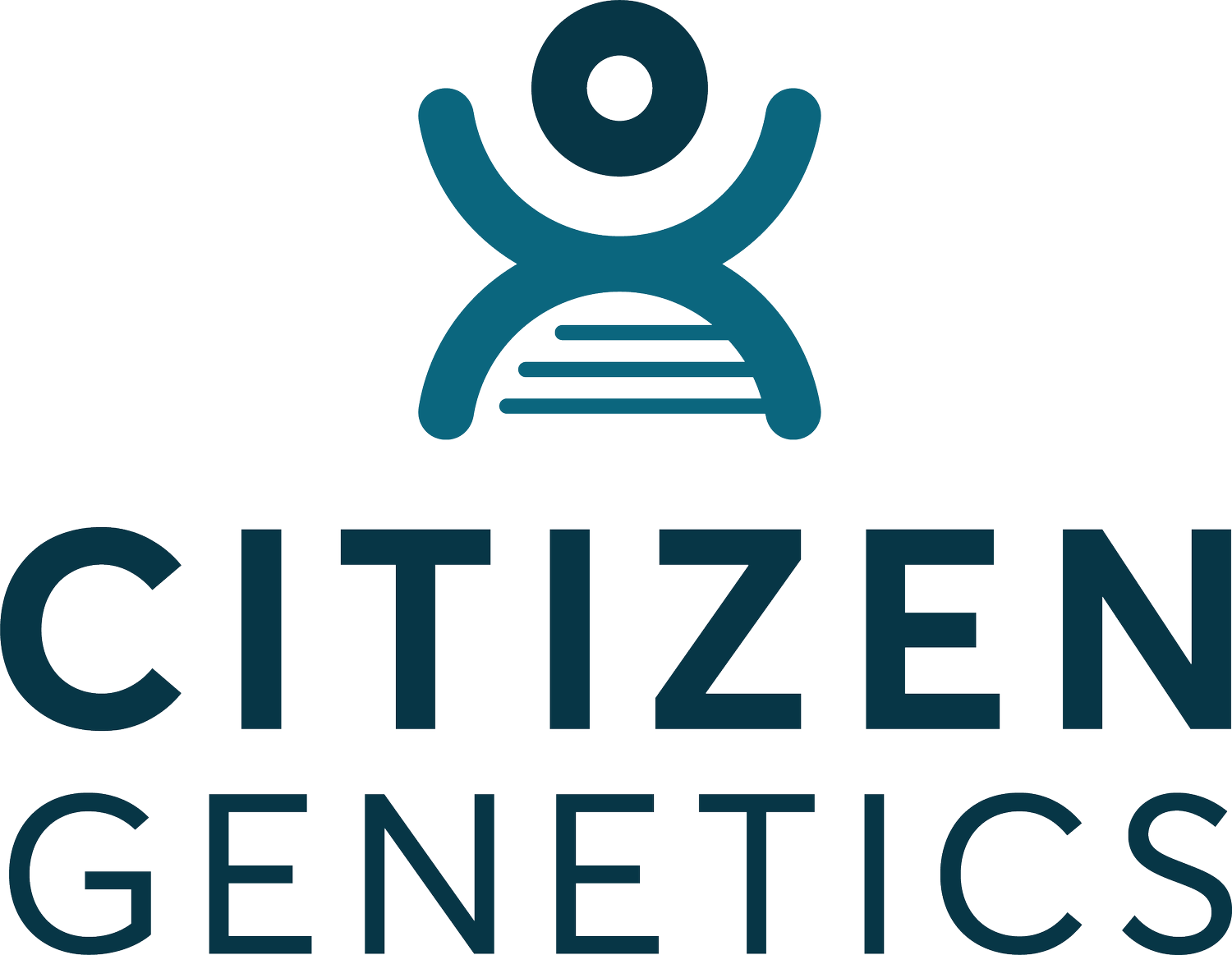Understanding Variants of Uncertain Significance (VUS) in Genetic Testing
Variants of Uncertain Significance (VUS) is a term commonly encountered in genetic testing. But what exactly does it mean, and why is it important? In this post, we'll break down the concept of VUS, its implications for patients and healthcare providers, and how it's interpreted in the context of genetic testing.
What are Variants of Uncertain Significance (VUS)?
A variant of uncertain significance refers to a genetic mutation or alteration that has been identified during genetic testing, but its impact on health is not fully understood. These variants are neither clearly benign nor clearly harmful, leaving healthcare providers and genetic counselors in a position of uncertainty. This category of variants falls between two key classifications:
Pathogenic variants - Mutations that are understood to cause disease with more than 90% likelihood
Benign variants - Mutations that are not understood not to cause disease with more than 90% likelihood
You can read the full standards for classification here published by the American College of Medical Genetics (ACMG), and we’ll dive deeper into this topic in another blog post - https://www.acmg.net/docs/standards_guidelines_for_the_interpretation_of_sequence_variants.pdf
Why Are Variants of Uncertain Significance Important?
While variants of uncertain significance may not immediately lead to a diagnosis or change in medical management, their identification plays a crucial role in genetic research and clinical decision-making. Here's why VUS matters:
Ongoing Research: Variants of uncertain significance may be reclassified as more data becomes available. Genetic testing is an evolving field, and variants that were once classified as VUS can later be classified as either benign or pathogenic as more studies and research findings are published. More on this in another post.
Uncertainty in Diagnosis: For patients undergoing genetic testing for inherited conditions, VUS can complicate the interpretation of test results. It may leave individuals and their doctors unsure whether to pursue additional testing, change treatment plans, or initiate preventive measures.
Implications for Family Members: When VUS are identified, it can cause concern not only for the individual tested but also for their family members. Relatives may need to consider whether they are at risk for the same variant, and if so, whether it should be monitored for health issues in the future.
What Should You Do If You Have a Variant of Uncertain Significance?
If you or a family member receives a genetic test result indicating a variant of uncertain significance, here are a few steps to take:
Consult a Genetic Counselor: A genetic counselor can help explain what a VUS means for you and your family and offer guidance on next steps, including potential follow-up testing or monitoring.
Consider Further Testing: In some cases, further genetic testing may help clarify the significance of the variant. This could include sequencing more genes or testing family members to see if they carry the same variant.
Monitor Health Changes: Even though a VUS may not indicate an immediate health risk, it’s still important to stay on top of your health. Regular check-ups and screenings may help detect any early signs of disease, especially if other genetic factors are involved.
Stay Informed: Genetic research is constantly evolving, and new discoveries may change the classification of a VUS. Citizen genetics can help you with this
The Future of Variants of Uncertain Significance
As our understanding of genetics continues to grow, the classification of variants of uncertain significance will likely improve. Advances in technology, better understanding of gene function, and larger databases of genetic information will help researchers and clinicians provide more accurate interpretations of these variants.
In the future, it's possible that many VUS will be reclassified, either as benign or pathogenic, based on accumulating evidence. This reclassification could lead to clearer health recommendations for patients who have these variants and their families. Join Citizen Genetics today for support tracking this scientific progress.
